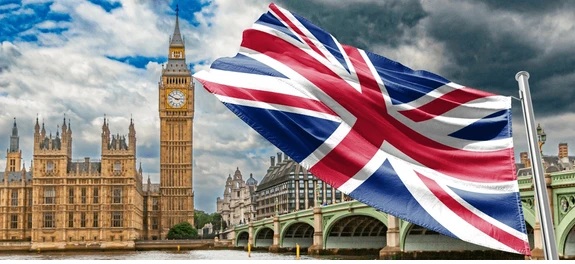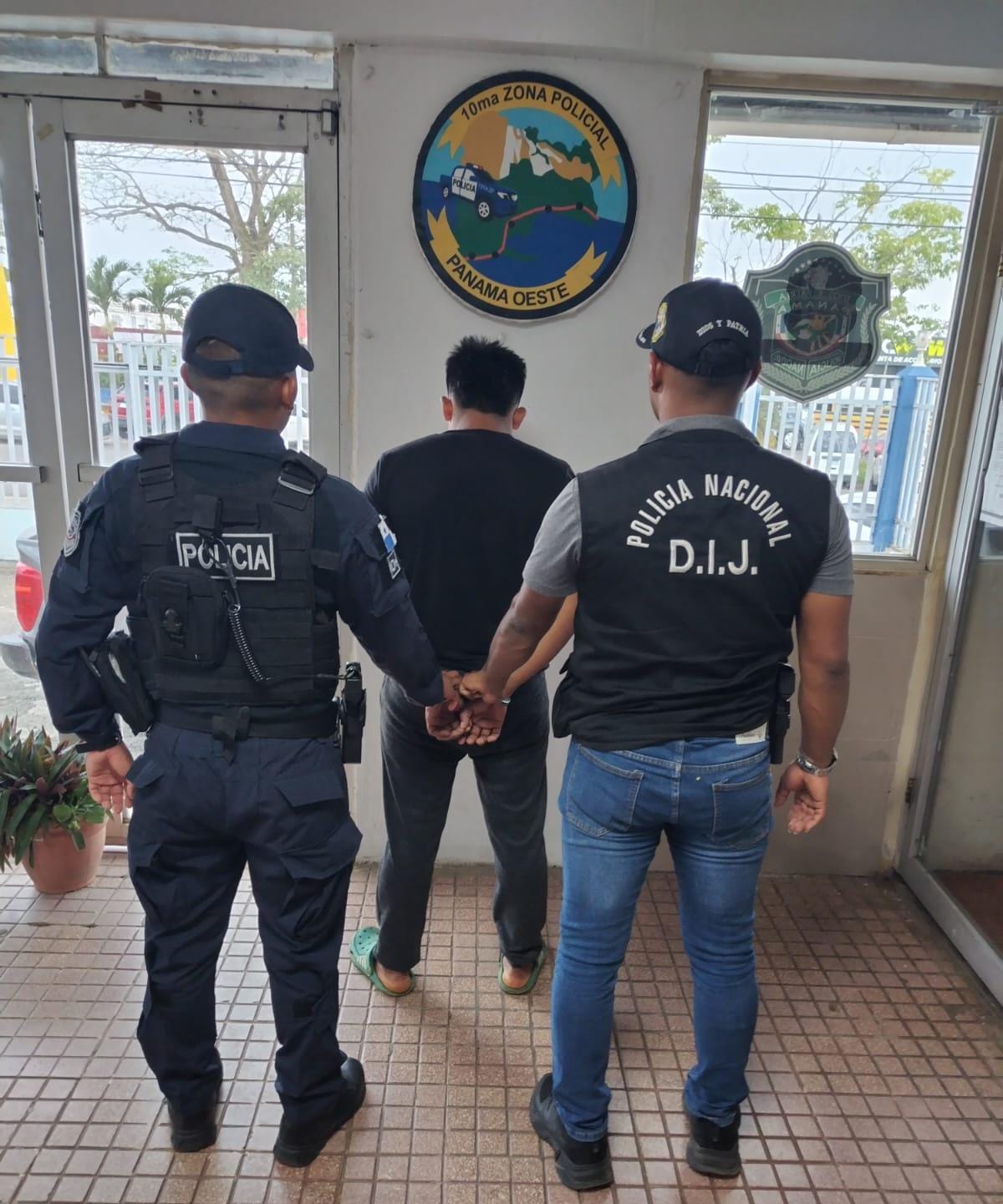OFF THE CUFF: 6 month study =19-page report

PANAMA’S committee of experts cobbled together on April 29 following the worldwide exposure of the offshore files of local law firm Mossack Fonseca has issued a 19 page report.
It proposes measures to strengthen the transparency of Panama’s tax system and its anti-money laundering laws.
They are also calling for the implementation of new regulations for professionals linked to the financial services industry and the effective enforcement of international treaties.
The report was presented to President Juan Carlos Varela Friday and revealed to the public on Monday, November 21.
The committee was formed April 29 in response to the media reports organized by the International Consortium of Investigative Journalists (ICIJ). on the files of the law firm Mossack Fonseca.
The scandal of the “Panama Papers” forced the government to implement standards of transparency demanded by the international community.
Nobel Prize-winning economist Joseph Stiglitz and Swiss criminal law professor Mark Pieth resigned from the committee in August and presented their own report, earlier this month. which focused on the offshore industry as a whole.
Three of the five members requested both the government and organized civil societies to make the recommendations policies of the state.
“Panama is a serious country. We are trying to protect the financial services platform. We cannot be outside of what is accepted by the rest of the world and ignore the rules that they use,” said Alberto Aleman Zubieta, a former administrator of the Panama Canal,.
He warned that ignoring these suggested changes could lead to Panama being the subject of economic sanctions and losing its investment grade.
“If Panama loses that grade, it will make everything more expensive. It is very important to retain this competitive advantage,” he said.
Former Minister of Commerce and Industry Alvarez de Porras said that a failure to comply with the rules may result in the departure of transnational companies from the country.
“They would go to countries like Costa Rica who are following the rules,” he said.





